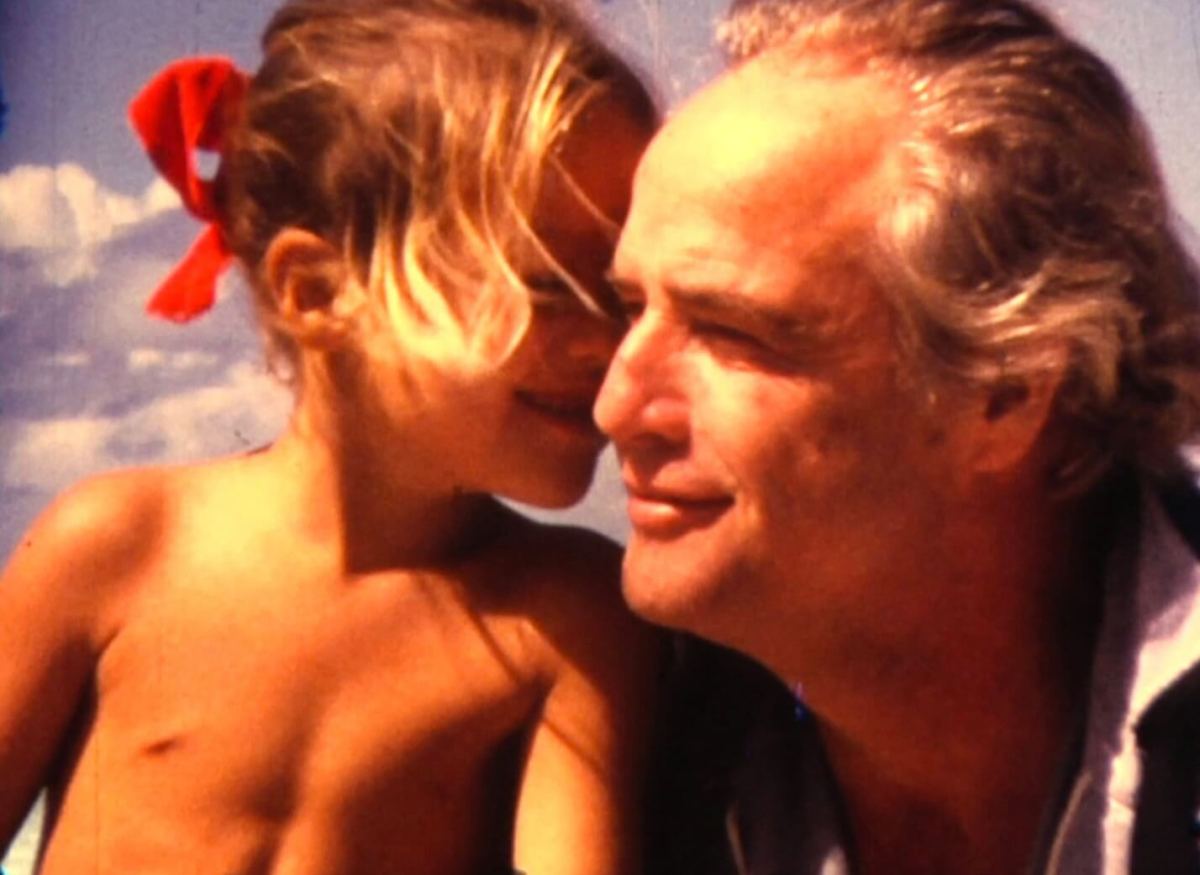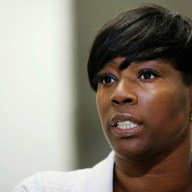‘Listen to Me Marlon’ The Brando survey “Listen to Me Marlon” arrives amidst a wave of form-heavy docs, each lending sympathy to artists misunderstood, or worse, by the press and the public. Not only do “Montage of Heck,” about Kurt Cobain, and “Amy,” on Amy Winehouse,offer new, more accurate angles on musical gods; they ditch the dreary talking heads-and-exposition approach. Like those two, “Listen to Me Marlon” is short on people sitting in a chair, rattling off anecdotes and hyperbole. In fact, the only person saying anything is Brando himself. Turns out the actor spent chunks of his latter years committing his life story and his thoughts to tape, which play over relevant — or sometimes vaguely poetic — clips from his movies, archival footage and, most eerie of all, ghostly video of his digitized head from the 1980s. It also turns out that he was considerably more together-seeming than his often eccentric public image at the time implied. In his latter performances Brando liked to disappear down rabbit holes and/or don ridiculous attire; he spent his stint in the Johnny Depp-directed “The Brave One” in eye shadow, and showed up to his legendary/notorious, star-studded 2001 acting workshop jag in drag. After peeping in on “Listen to Me Brando”’s recordings, these seem less the doings of a celeb losing his marbles and more like someone simply carrying on radical experiments he began from the start. Building off the Method approach taught to him by legendary acting coach Stella Adler, Brando sought to upturn the usual arch, artificial — and, if we may interject, equally brilliant and accomplished and enjoyable — acting style that then reigned in movies. He compared them to breakfast cereals — stars, like Cagney and Gable, doing their shtick no matter the subject. (Again to interject: this is a reductive way of putting it, though one can imagine that style being anathema to someone like Brando.) RELATED: The documentary “Amy” resurrects the younger, charming Amy Winehouse That belief shouldn’t be too surprising to anyone even casually acquainted with his work, but “Listen to Me Brando” proves even more useful as a sympathetic look at two things controversial to audiences: actors who become political and actors who get tired of acting. Typically the Sacheen Littlefeather incident — in which he sent a Native American activist to claim his “Godfather” Oscar — is often painted as a black mark, even causing the Academy to nix by-proxy trophy accepters. But director Stevan Riley portrays it as heroic, and contextualizes it inside Brando’s lifelong advocacy for civil rights, dedicating large chunks of the film to thoughts he had that lie well outside the sphere of acting. And when Brando largely threw in the reins — after the two-fer of “The Godfather” and “Last Tango in Paris,” there are really only a couple handfuls of roles — it portrays it as part of his realization that life is too short to do something one doesn’t always enjoy, despite the throngs demanding more from the world’s most acclaimed actor. “Listen to Me Marlon” is far from a definitive portrait, and it skips over underrated films (notably Gillo Pontecorvo’s “Burn!”) and even his lone directing work, the Western “One-Eyed Jacks,” whose crazed production foresaw the calamities that would tar many subsequent Brando films. It’s a subjective portrait that tries to capture the point of view of someone who seemed to be a mystery even to himself — while, mind you, kowtowing to his protective family. As such, sometimes subjectivity becomes mere skating around an issue, if not avoiding them altogether. But it’s not a new official look at him. Instead it’s another key piece to a vast puzzle.
Director: Stevan Riley
Genre: Documentary
Rating: NR
3 (out of 5) Globes
‘Listen to Me Marlon’ offers a new way of looking at Brando

Mike Gillman/Courtesy of SHOWTIME
Follow Matt Prigge on Twitter @mattprigge


















